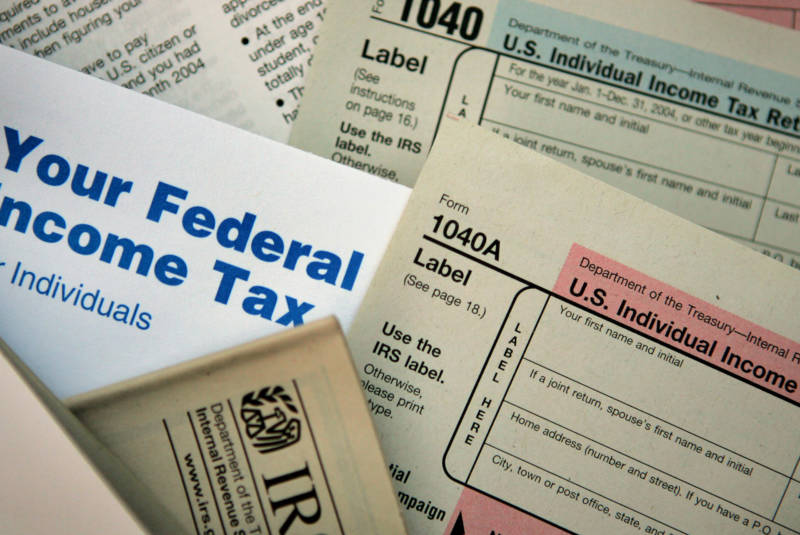In 2013, West Covina Assemblyman Roger Hernandez made a pitch to improve California’s teaching of financial literacy.
He made a strong case that California public schools needed to do much more to teach personal finance: California, unlike 17 other states, had no financial literacy graduation requirement. Surveys showed that one third of adults had no savings. And nearly half of American teens don’t know how to use a credit card effectively.
So Hernandez authored a bill that year that was passed by the legislature and signed into law by Governor Jerry Brown. “With this new law, California requires financial literacy to be taught as part of the official state curriculum,” Hernandez wrote in a blog post on his website after the bill was signed into law.
But the law did not actually require any basic money management skills to be taught, and three years later, personal finance instruction in California remains a patchwork effort often totally reliant on the efforts of individual schools or teachers.
